CSS BAHRAIN TAKES PART IN THE PROJECT LOGISTICS ALLIANCE MEETING IN ESTONIA
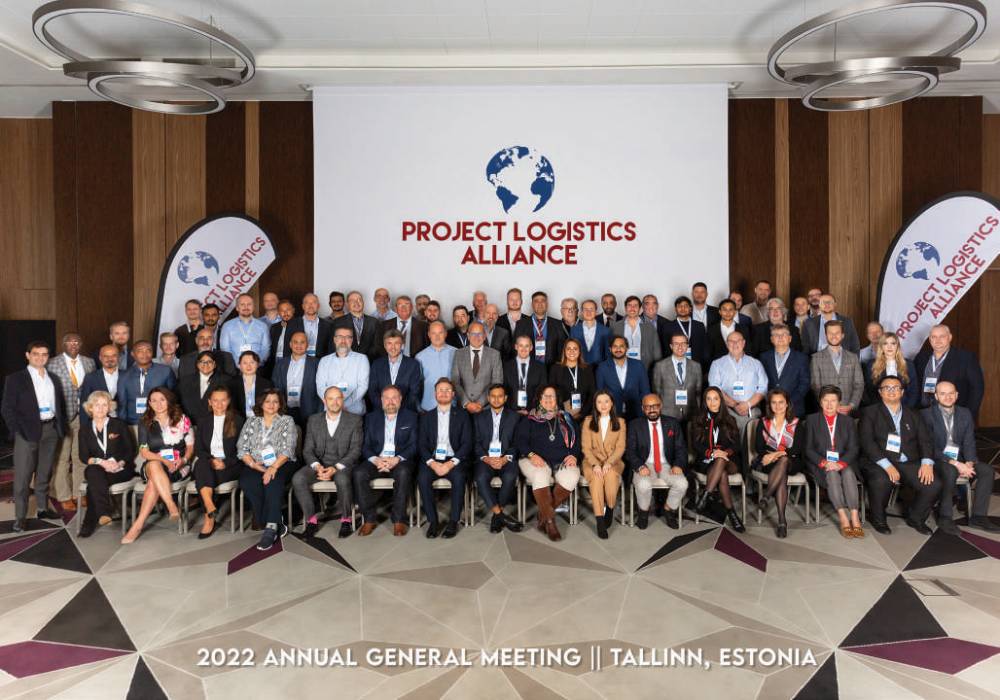
CSS Bahrain took part in the Project Logistics Alliance Meeting, which was held at the Hilton Tallinn Park in Tallinn, Estonia, from the 9th to the 12th of October, 2022. At the 5th Annual Meeting of the Project Logistics Alliance, Amal Hareendran represented CSS at this prestigious event.
This year’s Project Logistics Alliance (PLA) conference had over 70 delegates from 50 companies. The platform brings together PLA network members from various countries under one roof and provides immense networking opportunities. The discussions touched upon the various projects handled by the PLA network members during the past year and the future project opportunities across the worldwide network.
Project Logistics Alliance
The Project Logistics Alliance (PLA) was founded in 2016 by industry experts around the globe to address the special demands of project freight forwarding for small and mid-sized enterprises. An independent network designed to form a global alliance of project cargo experts, the Project Logistics Alliance, connects the best people, agents, and companies in the industry in one network. PLA works with a mission to build on the expertise possessed jointly by its members, thereby focusing on maintaining high-quality service and furthering the unique knowledge required to service the project forwarding industry appropriately.
By creating a platform on which solely industry experts can communicate and collaborate, PLA aims to be the pinnacle towards which the industry aspires. Other attempts to form networks like this have encountered issues with knowledge and expertise diluting due to a lack of entry requirements. Many networks are pay-to-join with uncapped numbers on membership which may result in exceedingly high memberships of unproven quality.
The Project Logistics Alliance aims to mitigate this by enforcing strict entry barriers and qualification requirements to join. Membership applications are subject to a rigorous application process. The PLA requires applicants to demonstrate a track record of projects and prove that they are financially sound. By enforcing strict application requirements, the Project Logistics Alliance ensures its community consists of a global network of approved and qualified members. PLA membership is limited to two members per country; however, larger markets are allowed more representation to ensure sufficient coverage. The members can offer a wide range of project-logistical services.
Hareedran had a tightly packed schedule with meetings with numerous PLA network members, inlcuding Aditi Ailavajhala from Germany, Cristina Molina (AC Project & Forwarding, SL from Spain, Roberto Santarossa from FCL Argentina, George Kwakwa-Sarpong from OMA Logistics Ghana, Rok Strukelj from Centralog Croatia and Slovenia. On the second day, he had discussions with other agents, including Margus Rool from Transocean Eesti Oü, Estonia, Mustafa Özcan from Logistics Plus, Turkey, and others like Abhijeet Vikram Singh of Pt Total Movements International, Indonesia. On the last day, several strategic meetings were lined up with agents like Brett Malcolm from CEA Projects Co. Ltd, Paolo Franco from Partnerships Manager United States, Coadou Philippe of Philco International, France, and several other agents.
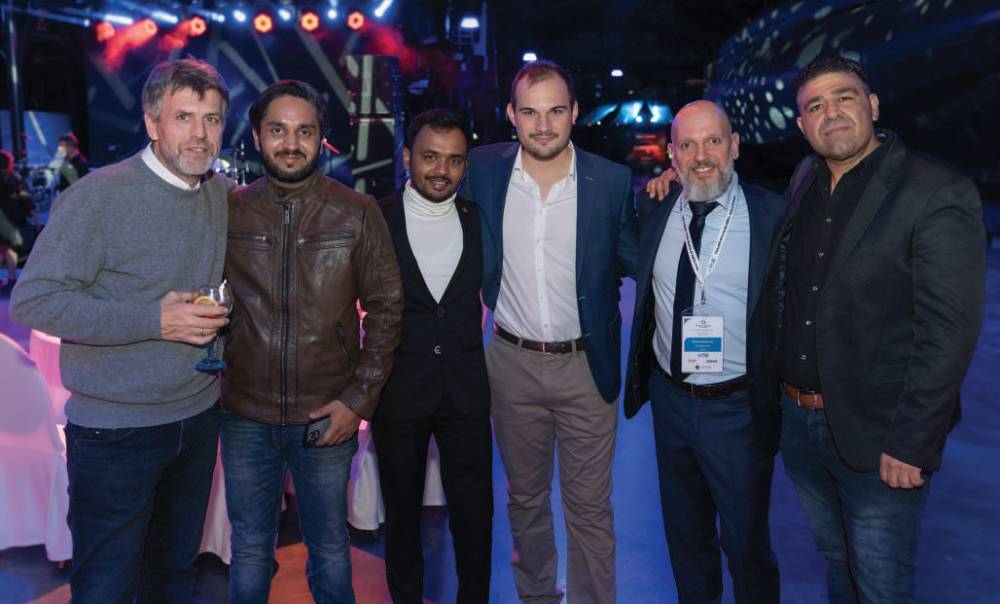
A perfect networking platform to build synergies
The guests kicked off the event with a cocktail reception. The next day was a long one with 1 : 1 meetings. CSS met with other PLA members across various regions during this excellently organized conference. The three days were choc-a-block with meetings with agents from across the world. CSS established relationships with PLA members of other regions to engage in project opportunities in the Middle East region and beyond
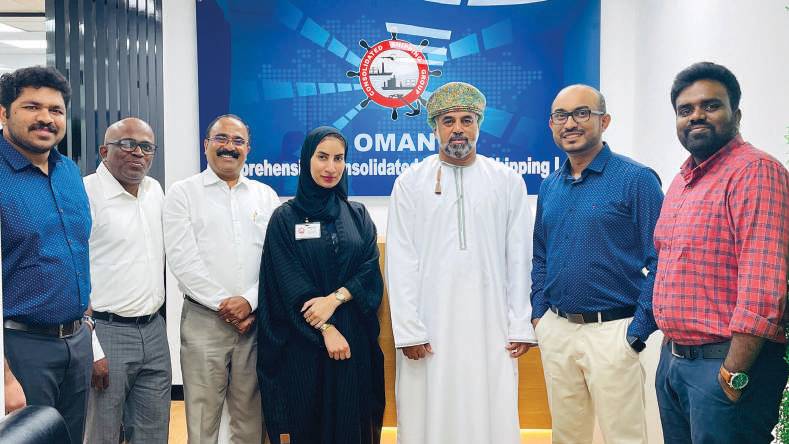
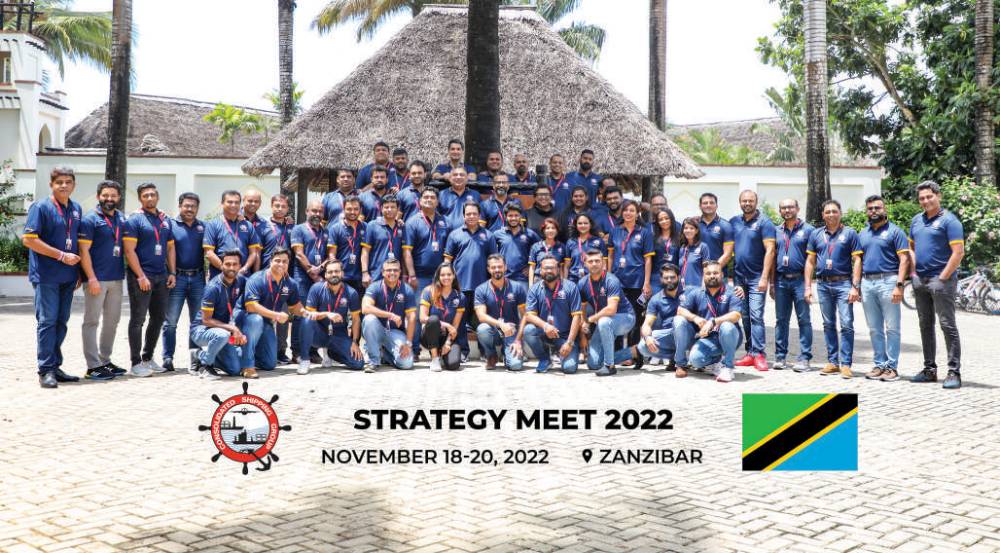
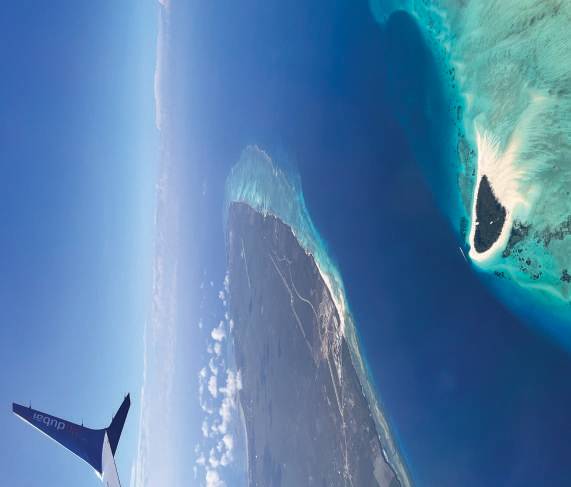 On the last evening in Zanzibar, we organized a beach party. Everyone had a gala time with dancing, lavish dinner, drinks, and a DJ party. The air was lived with shouts of laughter, bonhomie and merriment, the perfect way to enter the Christmas season ahead!
On the last evening in Zanzibar, we organized a beach party. Everyone had a gala time with dancing, lavish dinner, drinks, and a DJ party. The air was lived with shouts of laughter, bonhomie and merriment, the perfect way to enter the Christmas season ahead! In the last two years, last-mile delivery services have witnessed a massive change and growth. This shift has seen last-mile delivery service providers adopting electric two and three wheelers for their services. Last-mile delivery service providers can ride electric mobility for sustainable and greater business growth. Electric two wheelers in the price range of INR 80,000 to 100,000 are most famous for logistical operations and last-mile delivery. At least 80,000 electric two wheelers have been added to the country’s last-mile two wheeler delivery fleet of 450,000 – 500,000 vehicles this year, according to industry estimates.
In the last two years, last-mile delivery services have witnessed a massive change and growth. This shift has seen last-mile delivery service providers adopting electric two and three wheelers for their services. Last-mile delivery service providers can ride electric mobility for sustainable and greater business growth. Electric two wheelers in the price range of INR 80,000 to 100,000 are most famous for logistical operations and last-mile delivery. At least 80,000 electric two wheelers have been added to the country’s last-mile two wheeler delivery fleet of 450,000 – 500,000 vehicles this year, according to industry estimates. Ensuring safety in ports and berths is one of the most important issues in maritime law. Many standard forms of time charter parties contain an express warranty of safe ports whether it’s a load port or discharge port or berth by the Charterer. The Baltime 1939 (Revised 2001) Charter Party, expressly states that “The Vessel shall be employed in lawful trades for the carriage of lawful merchandise only between safe ports or places where the Vessel can safely lie always afloat within ….”. Similarly, New York Produce Exchange Form 1946 (NYPE 1946) states that the Vessel is to be engaged in lawful trades “between safe ports and/or places”. With regard to Voyage Charter Party Agreements, the express obligation towards the port’s or berth’s safety is not always stipulated.
Ensuring safety in ports and berths is one of the most important issues in maritime law. Many standard forms of time charter parties contain an express warranty of safe ports whether it’s a load port or discharge port or berth by the Charterer. The Baltime 1939 (Revised 2001) Charter Party, expressly states that “The Vessel shall be employed in lawful trades for the carriage of lawful merchandise only between safe ports or places where the Vessel can safely lie always afloat within ….”. Similarly, New York Produce Exchange Form 1946 (NYPE 1946) states that the Vessel is to be engaged in lawful trades “between safe ports and/or places”. With regard to Voyage Charter Party Agreements, the express obligation towards the port’s or berth’s safety is not always stipulated. Is recession in the air?
Is recession in the air?
 The Pookalam or the Floral Carpet
The Pookalam or the Floral Carpet The Myth of Mahabali
The Myth of Mahabali Onam symbolizes the end of the monsoon season and a renewed spring season. This is the second year Onam was celebrated at CSS with traditional fervor, get-togethers, and plenty of merrymaking. The festival marks a communion of everyone irrespective of age, caste, or creed. The spirit of Onam is universal, and may this spirit of unity continue to reign in CSS.
Onam symbolizes the end of the monsoon season and a renewed spring season. This is the second year Onam was celebrated at CSS with traditional fervor, get-togethers, and plenty of merrymaking. The festival marks a communion of everyone irrespective of age, caste, or creed. The spirit of Onam is universal, and may this spirit of unity continue to reign in CSS.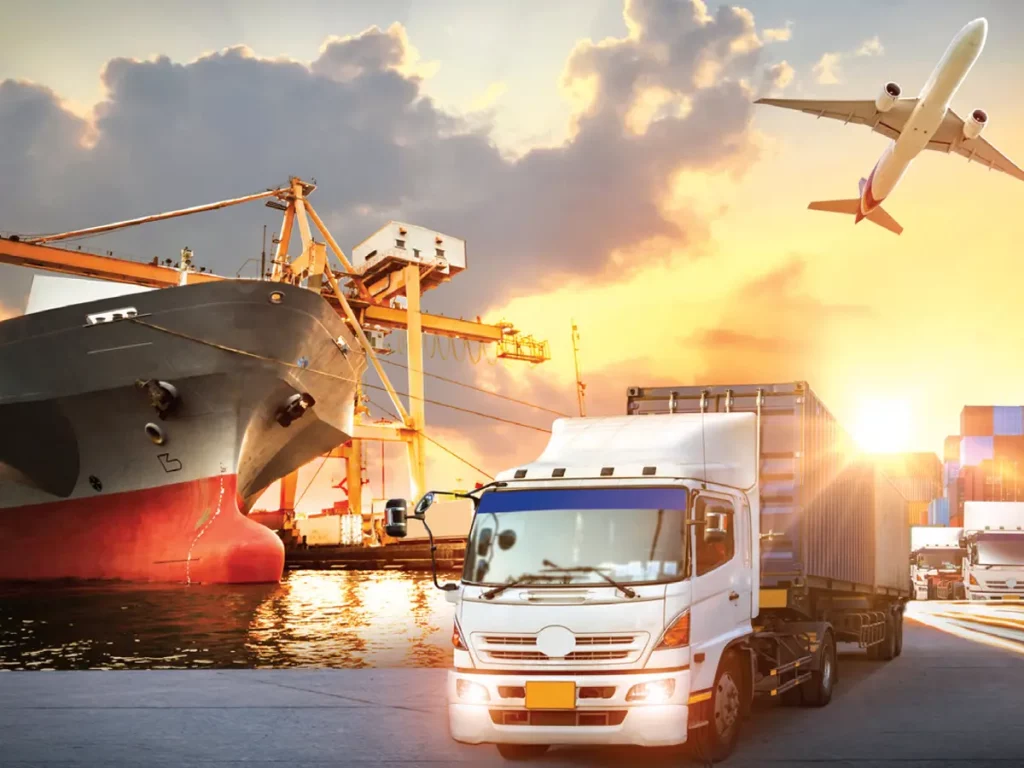
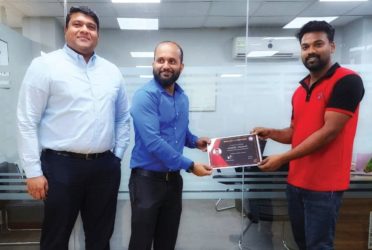
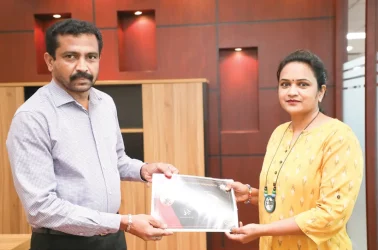
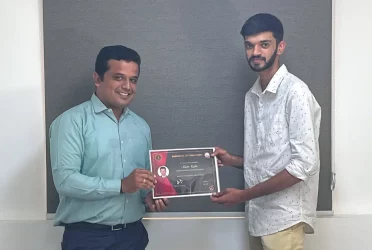
 The economy is been pretty unpredictable post the pandemic. For this very reason, we do not know for sure if we are headed for a recession in the year 2023. Presently economists from the Federal National Mortgage Association familiarly called Fannie Mae are predicting a recession to start in early 2023. The expectations for these figures to have been arrived at are as a result of economic growth of 1.2% in 2022 all set to fall at 0.1% in 2023. Analysts estimate economic growth in 2023 to be around 0.1% whilst others are predicting a growth rate of -0.4%.
The economy is been pretty unpredictable post the pandemic. For this very reason, we do not know for sure if we are headed for a recession in the year 2023. Presently economists from the Federal National Mortgage Association familiarly called Fannie Mae are predicting a recession to start in early 2023. The expectations for these figures to have been arrived at are as a result of economic growth of 1.2% in 2022 all set to fall at 0.1% in 2023. Analysts estimate economic growth in 2023 to be around 0.1% whilst others are predicting a growth rate of -0.4%.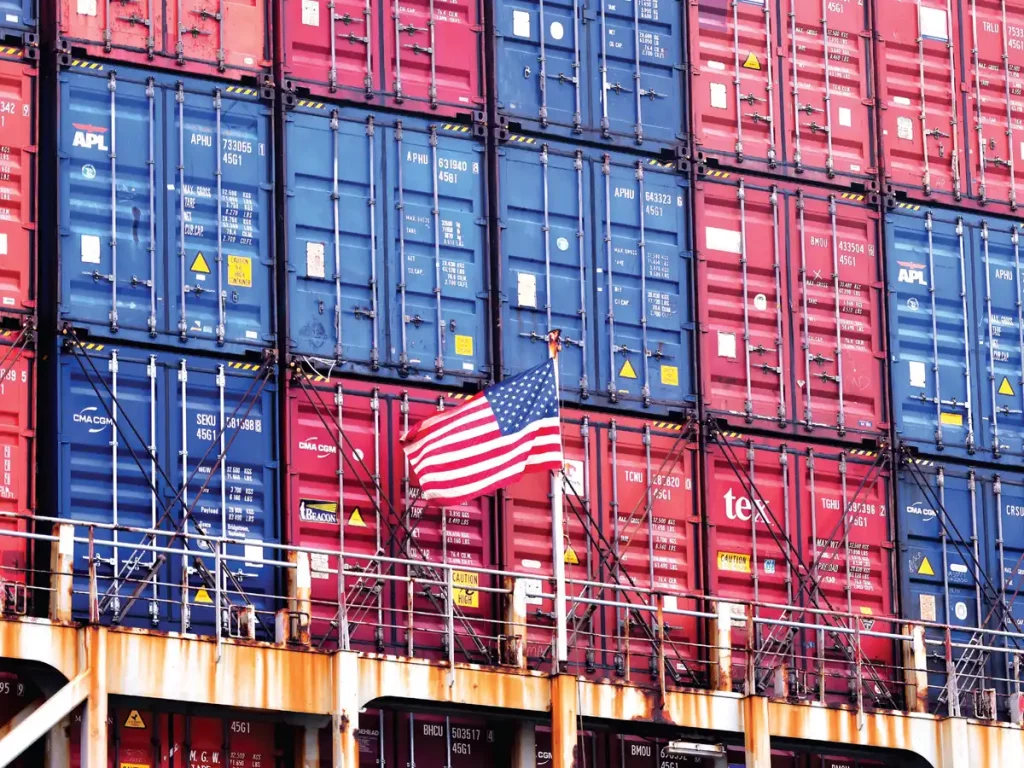 US ports are having productivity issues due to congestion, even as container volume from China is lower than usual. More cargo has been moved away from the U.S. west coast because of an increase in container vessels anchored off Savannah and Houston. Meanwhile, East and Gulf coast warehousing is a big beneficiary, where many container volumes are pushing up prices.
US ports are having productivity issues due to congestion, even as container volume from China is lower than usual. More cargo has been moved away from the U.S. west coast because of an increase in container vessels anchored off Savannah and Houston. Meanwhile, East and Gulf coast warehousing is a big beneficiary, where many container volumes are pushing up prices.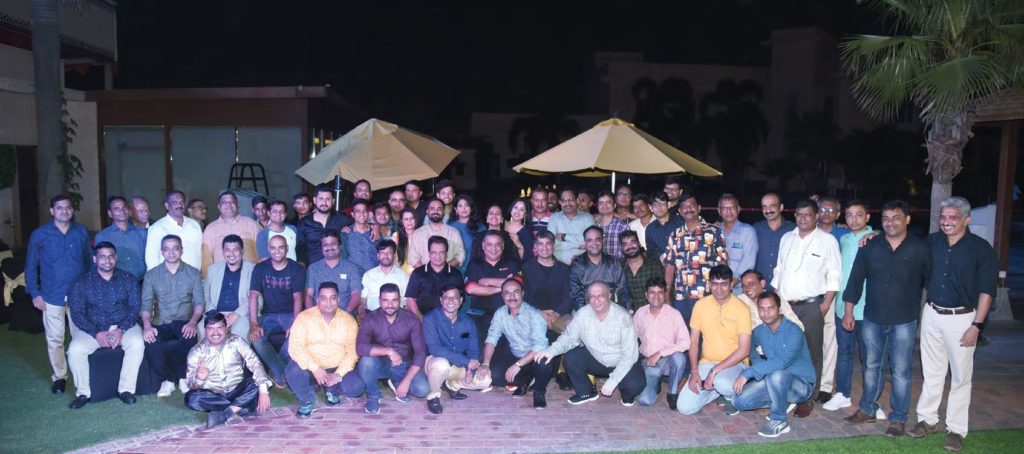
 Over the last few years, CSS has set an enviable track record in air shipments of large equipment, luxury cars and bikes. CSS Kingston Logistics, Ras Al Khaimah recently had the opportunity to undertake the movement of an aircraft engine all the way to Antwerp, Belgium from Jebel Ali. The Air Craft Engine was shipped on a HAPAG LLOYD on a 40 feet flat rack.
Over the last few years, CSS has set an enviable track record in air shipments of large equipment, luxury cars and bikes. CSS Kingston Logistics, Ras Al Khaimah recently had the opportunity to undertake the movement of an aircraft engine all the way to Antwerp, Belgium from Jebel Ali. The Air Craft Engine was shipped on a HAPAG LLOYD on a 40 feet flat rack. A Transcontinental Shipment
A Transcontinental Shipment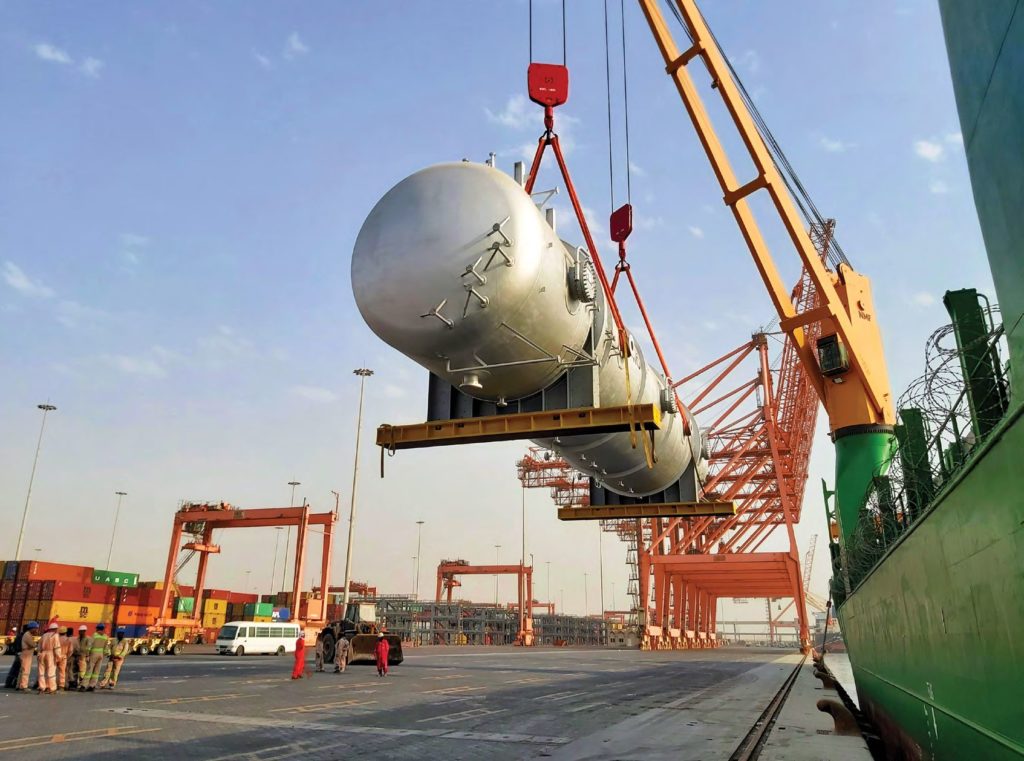


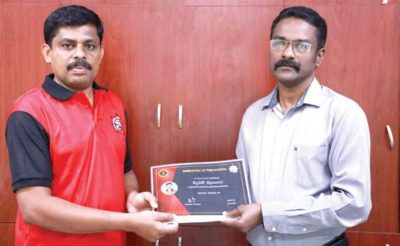
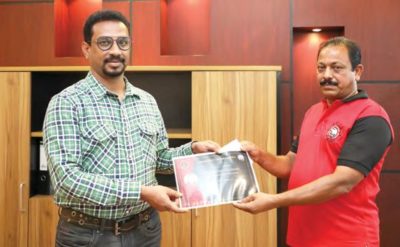
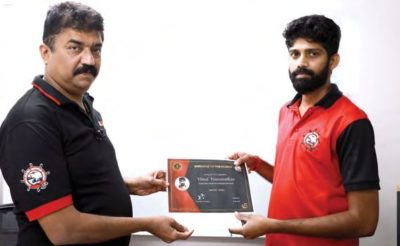
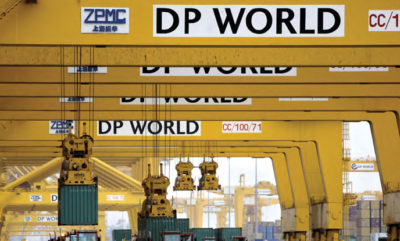 Saudi Arabia, the Arab world’s largest economy, is focused on diversifying its economy away from oil as part of its Vision 2030 program. The kingdom is forecast to be a vital driver of global trade growth. Its exports are projected to expand at an average annual rate of more than 7 percent to $354 billion by 2030, Standard Chartered said earlier this year. “The strategic Vision 2030 framework includes the development of a prosperous and sustainable maritime transportation ecosystem that supports the Kingdom’s socio-economic ambitions and consolidates its status as a global logistics hub,” said Sultan Ahmed Bin Sulayem, Group Chairman and CEO of DP World. The Jeddah Islamic Port, which is strategically located on the Red Sea, has historically played a pivotal role in facilitating the movement of trade between the East and the West.
Saudi Arabia, the Arab world’s largest economy, is focused on diversifying its economy away from oil as part of its Vision 2030 program. The kingdom is forecast to be a vital driver of global trade growth. Its exports are projected to expand at an average annual rate of more than 7 percent to $354 billion by 2030, Standard Chartered said earlier this year. “The strategic Vision 2030 framework includes the development of a prosperous and sustainable maritime transportation ecosystem that supports the Kingdom’s socio-economic ambitions and consolidates its status as a global logistics hub,” said Sultan Ahmed Bin Sulayem, Group Chairman and CEO of DP World. The Jeddah Islamic Port, which is strategically located on the Red Sea, has historically played a pivotal role in facilitating the movement of trade between the East and the West.